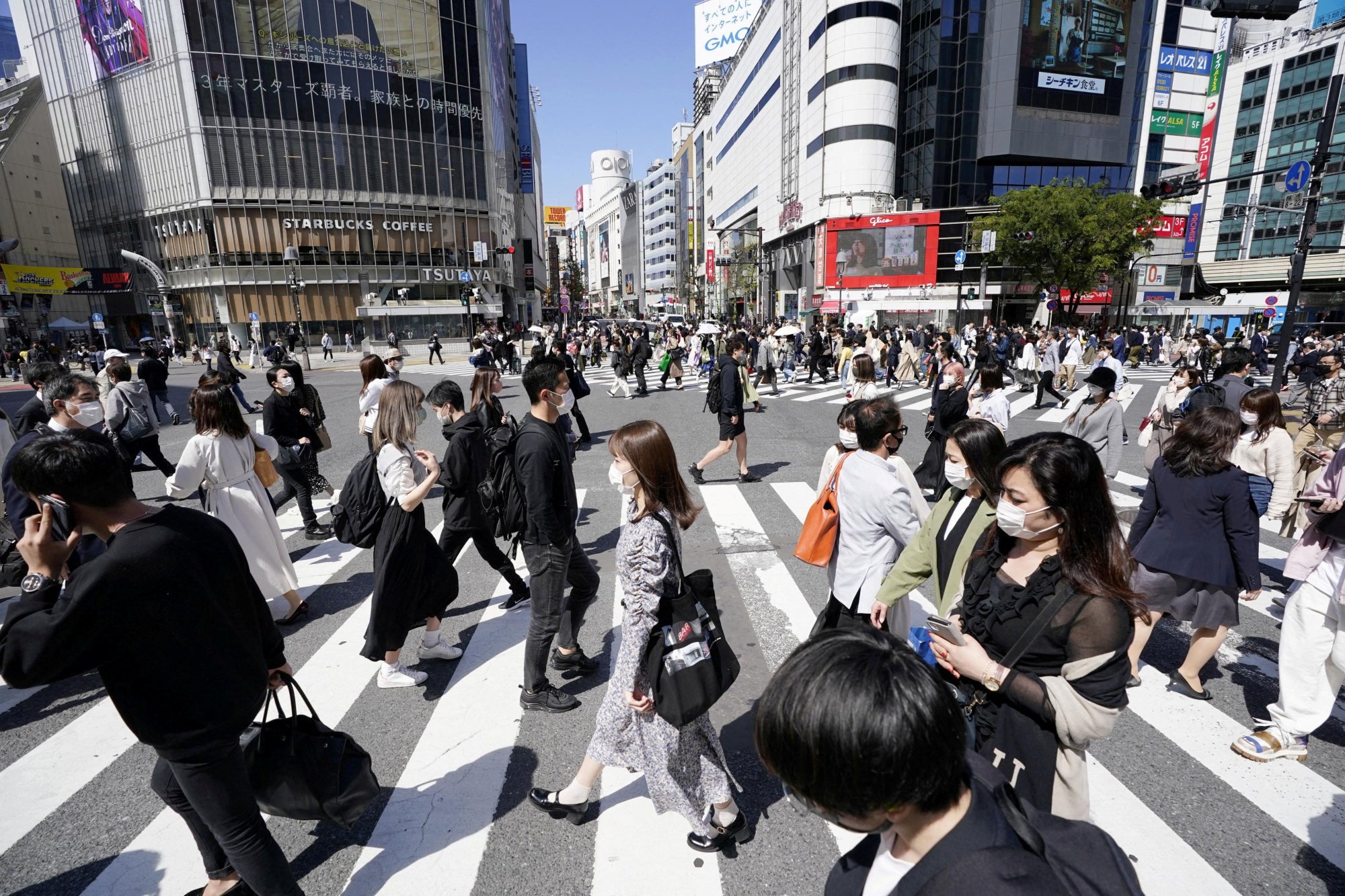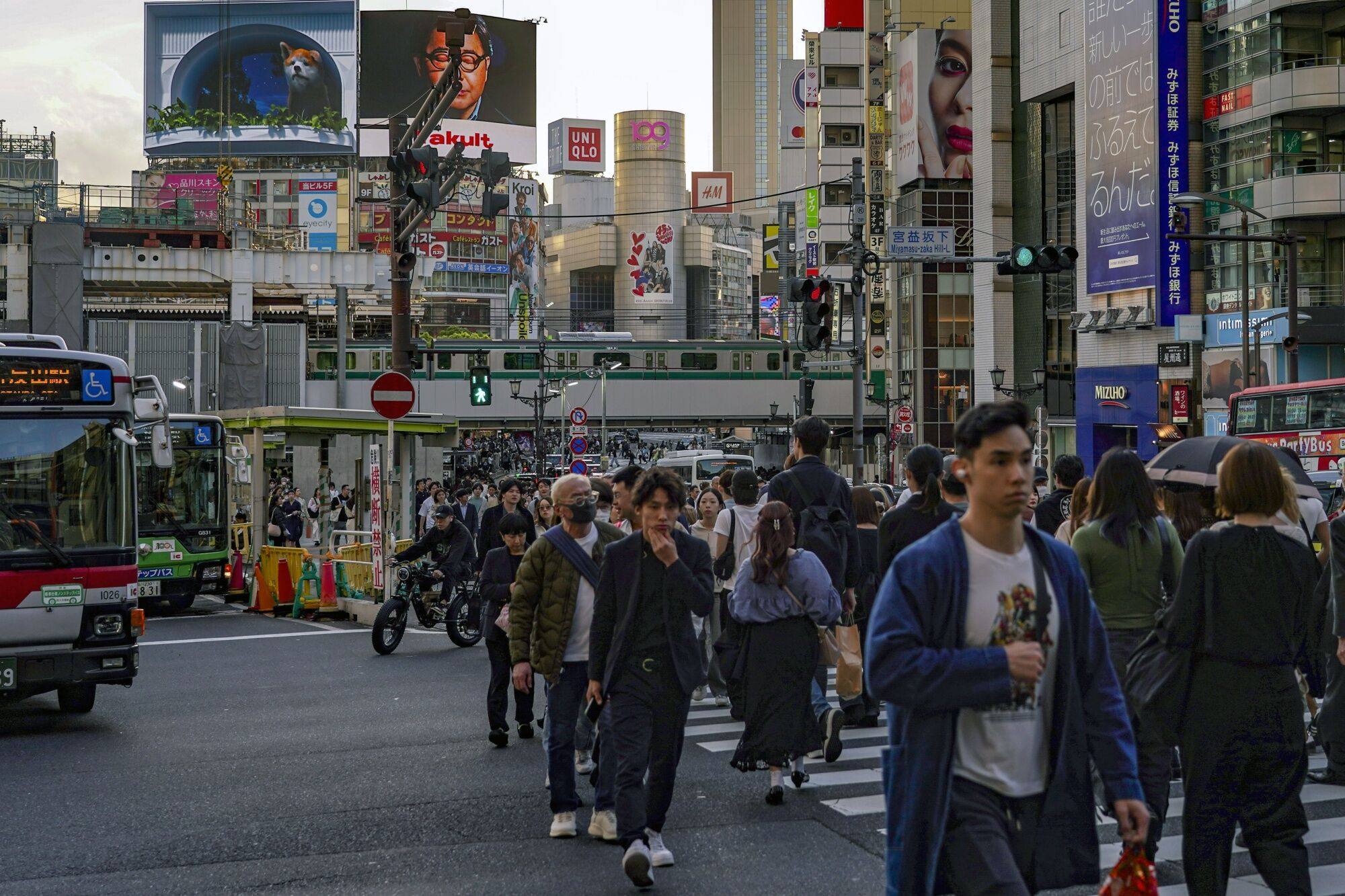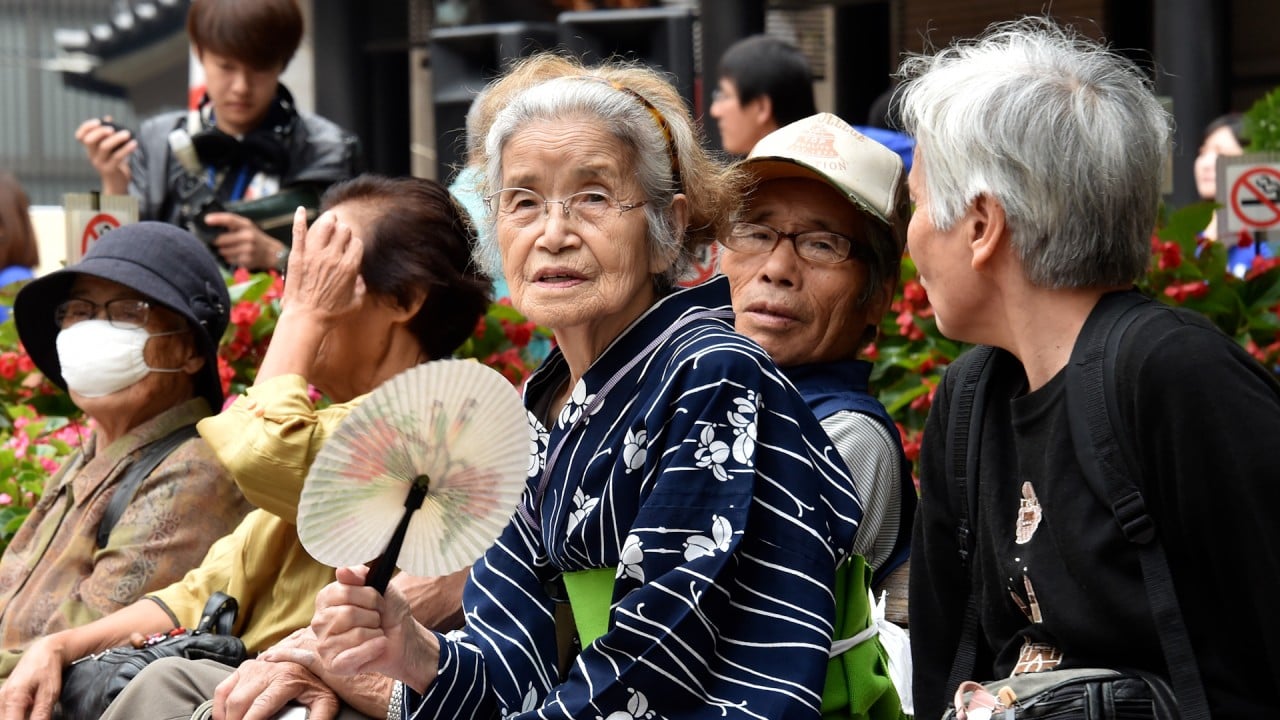“One of the reasons why our economy is growing is because of you and many others,” the president said. “Why? Because we welcome immigrants.”

The White House attempted to walk back the president’s comments the following day, with spokeswoman Karine Jean-Pierre insisting that Biden was making a broader comment on the situation in the US rather than simply putting Japan and India – two key US allies – in the same category as China and Russia.
“Our allies and partners know very well how much this president respects them,” Jean-Pierre said.
The Japanese government has not commented on Biden’s statement. This Week in Asia requested a response from the foreign ministry in Tokyo, but had not received a reply as of Friday evening.
Japan has become much more welcoming towards foreigners in comparison with a decade or more ago and young people are more open to overseas cultures.
“For Biden to describe Japan as ‘xenophobic’ is too much,” said Sumie Kawakami, a sociology lecturer at Yamanashi Gakuin University.
She said it was “very unfortunate” that Biden “put Japan in the same category as Russia and China”, pointing out that China has been accused of oppressing its Uygur minority.
“Japan has become much more welcoming towards foreigners in comparison with a decade or more ago and young people are more open to overseas cultures,” she told This Week in Asia.
“But if we are talking about immigration policy, I agree that there is more resistance to change there because Japan is quite a closed society and has always been that way.”
“Maybe Biden was attempting to tell Japan that it needs to do more on immigration, to come in line with Western countries that have accepted more immigrants and refugees, but Japan is very different to the US,” she said.
“America is a nation of immigrants and it is vast; Japan is a small island nation with very little living space and a largely homogenous population. The two situations are very different,” she added. “That does not make us xenophobic.”

“Japan is different,” commented one user in response to the story. “This is an island nation with a virtually unified culture right from its founding. It is natural that the two nations have completely different views on immigration policy.”
Another added, “Japan has a unique culture and religion. If people have different religions, values and cultures but want to live here as permanent residents, we might end up in a situation similar to what is happening in Israel and Palestine now.
“The difficulties faced by immigrants in Britain, the US, Germany and France are not due to differences in skin colour but fundamental differences in ways of thinking,” the same post added. “It would be good if immigrants could accept Japanese culture and Japanese beliefs, but I think the best solution is not for them to become immigrants but to help them live safely in their own countries.”
In a message on the Japan Today website, another comment read, “Biden is wrong in how he phrased this. It is not xenophobia. I think it comes down to Japan being able to see the blatant issues with multiculturalism and then deciding ‘no thank you, we don’t want to do that’.”
“Xenophobia is a loaded, negative term and I don’t get the sense that is a problem here now,” said the academic who requested anonymity.
“I’m not sure what Biden was trying to say or whether it was simply a slip of the tongue but, if you asked me: is Japan is more homogenous than the US? I would say absolutely yes. But is that xenophobia? I would say not necessarily.”

Stephen Nagy, a professor of international relations at Tokyo’s International Christian University, agreed that “Japan has traditionally not been good at accepting outsiders”, but pointed out that mindset was not reserved for foreigners from overseas, noting that “eyebrows can be raised” at people from the countryside who come to Tokyo or visitors to the capital from Kansai.
“It is an element of Japan’s hierarchical society and foreigners, even if they speak the language well and follow all the cultural norms, will always look different,” he said.
“A lot of Japanese tell me they are nervous around foreigners because they are concerned they don’t know Japanese customs,” he said. “This is simply a lack of experience of being around other people and I think that is getting better, although there is still a long way to go.”


